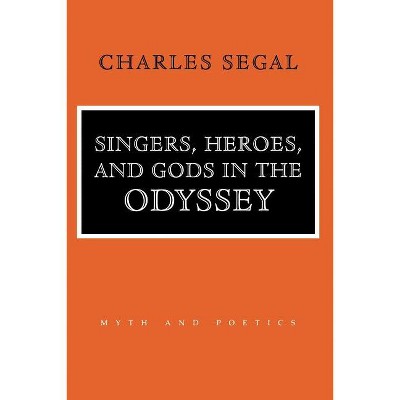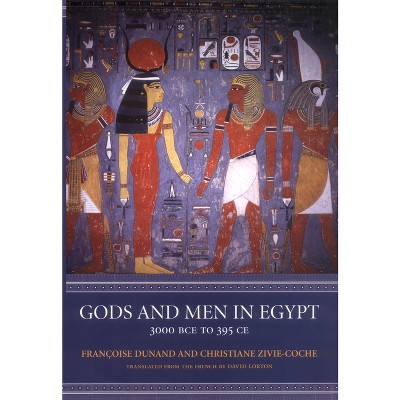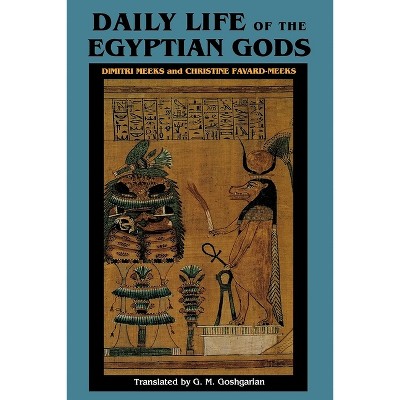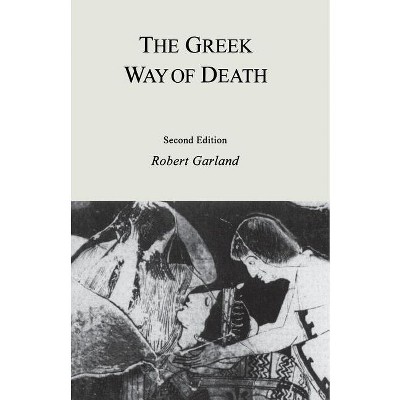About this item
Highlights
- The religious imagination of the Greeks, Robert Garland observes, was populated by divine beings whose goodwill could not be counted upon, and worshipers faced a heavy burden of choice among innumerable deities to whom they might offer their devotion.
- About the Author: Robert Garland is Director of the Division of the Humanities and Roy D. and Margaret B. Wooster Professor of the Classics at Colgate University.
- 256 Pages
- Religion + Beliefs, Antiquities & Archaeology
Description
About the Book
Examining the means through which the Athenians established and marketed cults, this handsomely illustrated book is the first to illuminate the full range of motives--political and economic, as well as spiritual--that prompted them to introduce new gods.
Book Synopsis
The religious imagination of the Greeks, Robert Garland observes, was populated by divine beings whose goodwill could not be counted upon, and worshipers faced a heavy burden of choice among innumerable deities to whom they might offer their devotion. These deities--and Athenian polytheism itself--remained in constant flux as cults successively came into favor and waned. Examining the means through which the Athenians established and marketed cults, this handsomely illustrated book is the first to illuminate the full range of motives--political and economic, as well as spiritual--that prompted them to introduce new gods.
Review Quotes
In this book Robert Garland gives us a set of well-researched studies on a subject of importance for ancient Greece and Western civilization. Classical Greece presents a multitude of modestly scaled, sovereign communities, connected by common culture and with religion a salient feature. Each polis possessed cults of pan-Hellenic, Olympian divinities and cults of heroes. The pattern of cults in a given polis was the result of that city's individual history, with all the variety and quirkiness characteristic of historical evolution. Garland describes how one polis, Athens, acquired its constellation of cults.
-- "American Historical Review"Religious innovation is a special problem for polytheists. Worshipers face a heavy burden of choice among countless competitive deities. Religion and politics, nowhere easy to separate, are here inseparable. Every attempt to introduce a new god creates a political and social crisis. New cults seem an obvious key to cultural change in Ancient Greece, but the subject has been relatively neglected. In this nicely written and illustrated book, Robert Garland does much to fill the gap.
-- "Journal of the American Academy of Religion"About the Author
Robert Garland is Director of the Division of the Humanities and Roy D. and Margaret B. Wooster Professor of the Classics at Colgate University.
Shipping details
Return details
Trending Poetry












